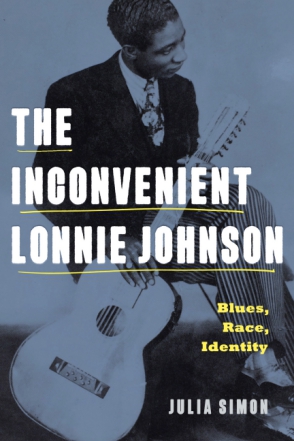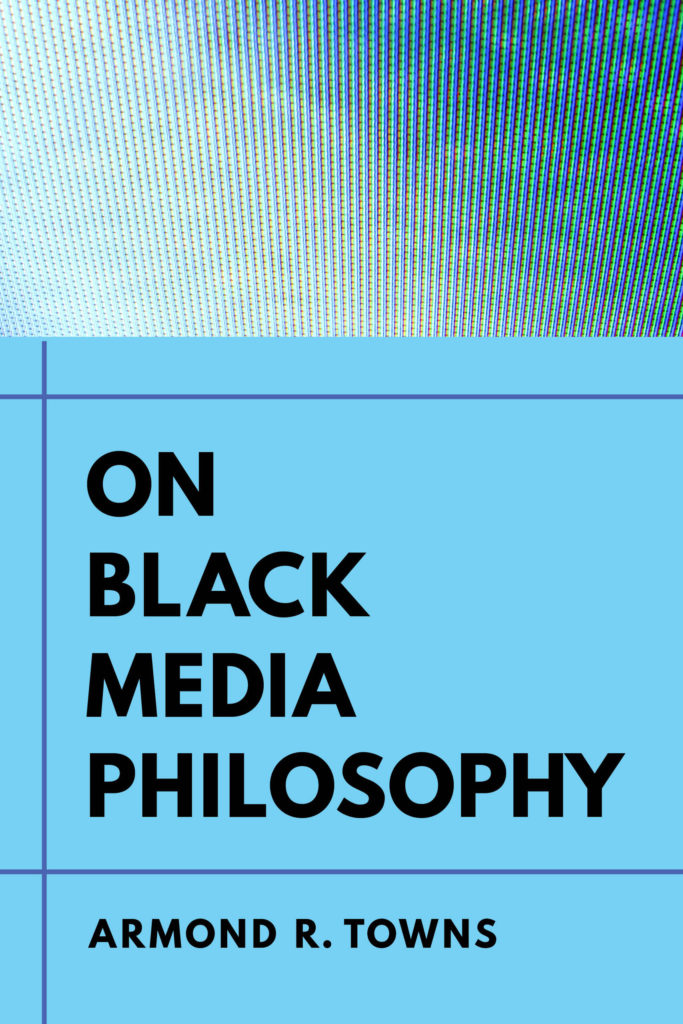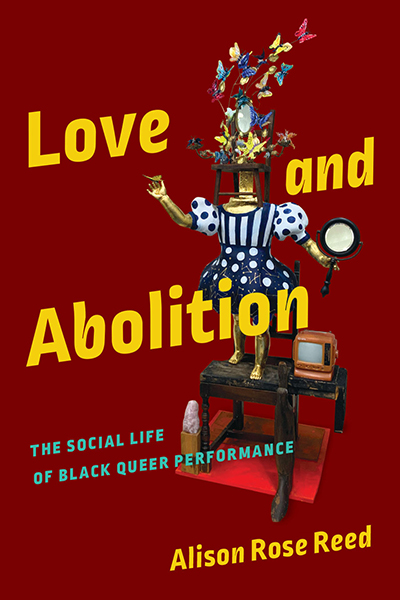
As always, publishers’ spring catalogues have a full complement of new titles in Black and African American History and Studies. OTH reached out to authors of titles that particularly intrigued us:
 The Inconvenient Lonnie Johnson: Blues, Race, Identity
The Inconvenient Lonnie Johnson: Blues, Race, Identity
Julia Simon
Professor of French, University of California, Davis
Penn State University Press, April 2022
Professor Simon told OTH: “Lonnie Johnson is a blues legend. His virtuosity on the blues guitar is second to none, and his influence on artists from T-Bone Walker and B. B. King to Eric Clapton is well established. Yet Johnson mastered multiple instruments. He recorded with jazz icons such as Duke Ellington and Louis Armstrong, and he played vaudeville music, ballads, and popular songs. Largely neglected by scholars, Johnson challenges critical perceptions of the blues as a genre. In my book, The Inconvenient Lonnie Johnson: Blues, Race, Identity, I take a closer look at Johnson’s musical legacy. Considering the full body of his work, I present detailed analyses of Johnson’s music—his lyrics, technique, and styles—with particular attention to its sociohistorical context. Born in 1894 in New Orleans, Johnson’s early experiences were shaped by French colonial understandings of race that challenge the Black-white binary. His performances call into question not only conventional understandings of race but also fixed notions of identity. Johnson was able to cross generic, stylistic, and other boundaries almost effortlessly, displaying astonishing adaptability across a corpus of music produced over six decades. The Inconvenient Lonnie Johnson introduces readers to a musical innovator and a performer keenly aware of his audience and the social categories of race, class, and gender that conditioned the music of his time.
Lonnie Johnson’s music challenges us to think about not only what we recognize and value in “the blues” but also what we leave unexamined, cannot account for, or choose not to hear. The Inconvenient Lonnie Johnson provides a reassessment of Johnson’s musical legacy and complicates basic assumptions about the blues, its production, and its reception.”
Armond R. Towns
Associate Professor of Communication and Media Studies at Carleton University in Ottawa
University of California Press, March 2022
From the Author: “Who is the human in media philosophy? Although media philosophers have argued since the twentieth century that media are fundamental to being human, this question has not been explicitly asked and answered in the field. Towns demonstrate that humanity in media philosophy has implicitly referred to a social Darwinian understanding of the human as a Western, white, male, capitalist figure. Building on concepts from Black studies and cultural studies, Towns develops an insightful critique of this dominant conception of the human in media philosophy and introduces a foundation for Black media philosophy. Delving into the narratives of the Underground Railroad, the politics of the Black Panther Party, and the digitization of Michael Brown’s killing, On Black Media Philosophy deftly illustrates that media are not only important for Western Humanity but central to alternative Black epistemologies and other ways of being human.”
Love and Abolition: The Social Life of Black Queer Performance
Alison Rose Reed
Associate Professor of English at Old Dominion University.
Ohio State University Press, Feb 2022
From the Author: “This book looks at Black queer performances in art, theater, and activism to show how love can be a creative and revolutionary practice. I here define love as the embodied action of replacing systems of coercion, criminalization, and control with deep forms of communal care. Of course, love as well as care work can become sites for the reproduction of carcerality; but in the book I chart possibilities for love as a mobilizing force alongside the difficult work of undoing carceral logics, embedded deep in the psyche. Tracing the everyday circulation of affective responses that compel action, I ground social justice–oriented reading and organizing practices specifically in the modern abolitionist movement. The book therefore provides a brief history of love in the Black radical tradition of abolition.
Dominant perspectives on mass incarceration prioritize discipline and punishment. At the same time, mainstream liberal discourses of reform tend to center normative frameworks of the nuclear family and moral rehabilitation. Such logics rehearse disciplining narratives that either minimize the weight of structure or romanticize individual agency inside of it. In contrast, Love and Abolition necessarily centers Black queer feminist analysis and praxis, which offers more expansive possibilities for reimagining collective social life. In the ongoing struggle to dismantle the prison industrial complex and rebuild the world anew, Black queer performance continues to envision radical ways of being together against and despite racial capitalism’s uneven production of alienation, isolation, competition, and premature death.
The book contributes to Black queer studies and feminist theories of affect by positing that structures of feeling figure centrally in movement-building work. Focusing on love as an affective modality and organizing tool rooted in the Black radical tradition’s insistence on collective sociality amidst unrelenting state violence, I consider the work of visionaries such as James Baldwin, Ntozake Shange, Sharon Bridgforth, and vanessa german. Such work produces what I call tough and tender love, or transformative knowledge and affectionate action. Against a critical overemphasis on the spectacular, the book also looks to everyday sites of emotional and social life—in all its messiness and lived texture. For example, rather than idealizing the writings of famous political prisoners, I analyze the complex and sometimes contradictory creative interventions of jailed writers in the Humanities Behind Bars program I cofounded in Virginia.
Since carcerality shapes everyday psychic and social life, the book argues for a capacious redefinition of prison literature in an age of mass incarceration. Centering Black creative insurgency, what I describe as “abolition literature” resists fetishizing the prison as such and studies how artists and activists seek to reconstitute social practices of addressing harm on their own terms. I therefore identify abolition literature as an emergent field of inquiry that emphasizes social relationships in the ongoing struggle to dismantle constitutively harmful systems. Ultimately, Love and Abolition complements the social science bent of critical prison studies by examining how queer networks of creative solidarity forge new concepts of care. In so doing, the book functions as an abolitionist manifesto during a time in which the work of the humanities must be met with urgency.”


